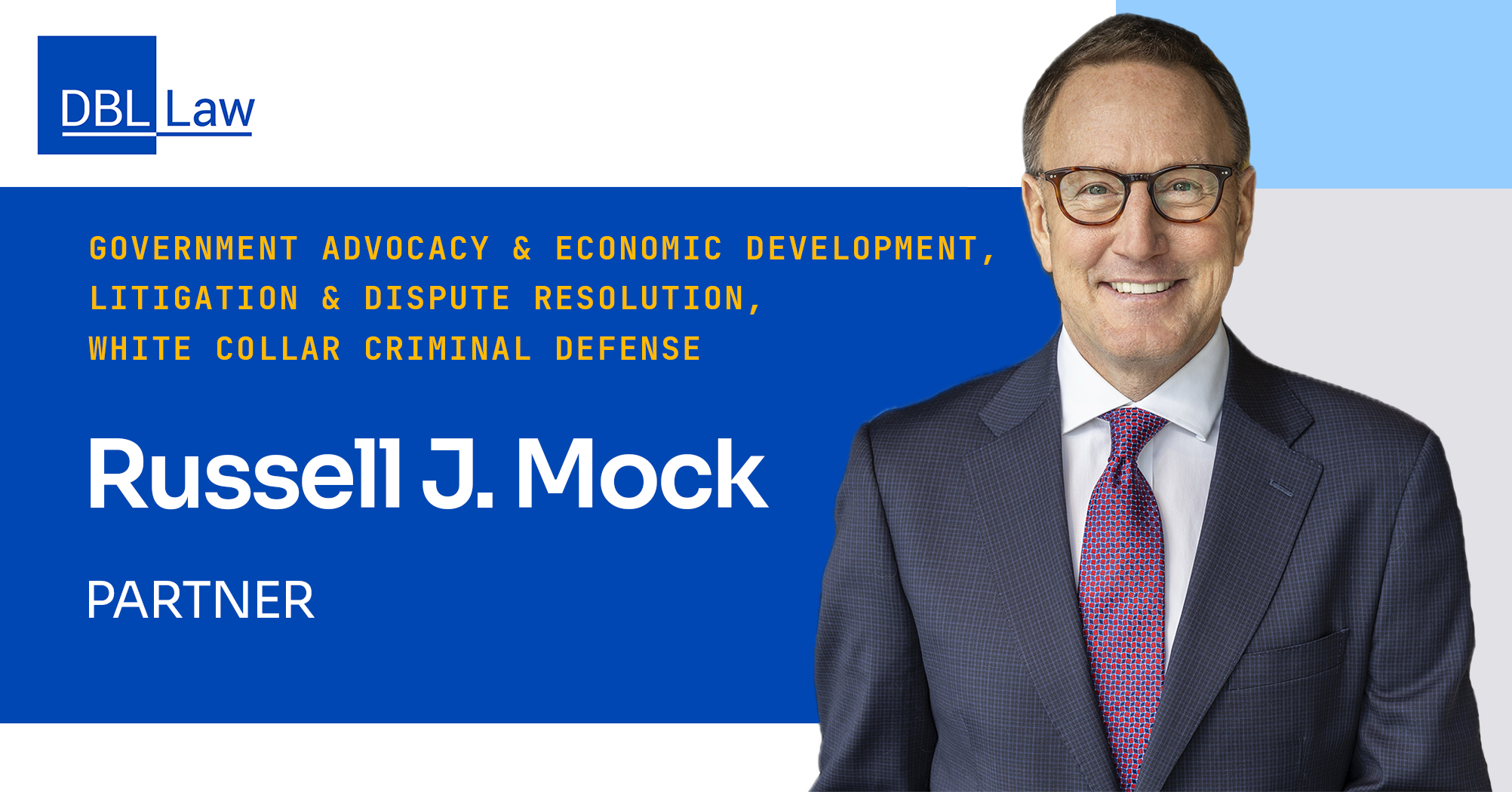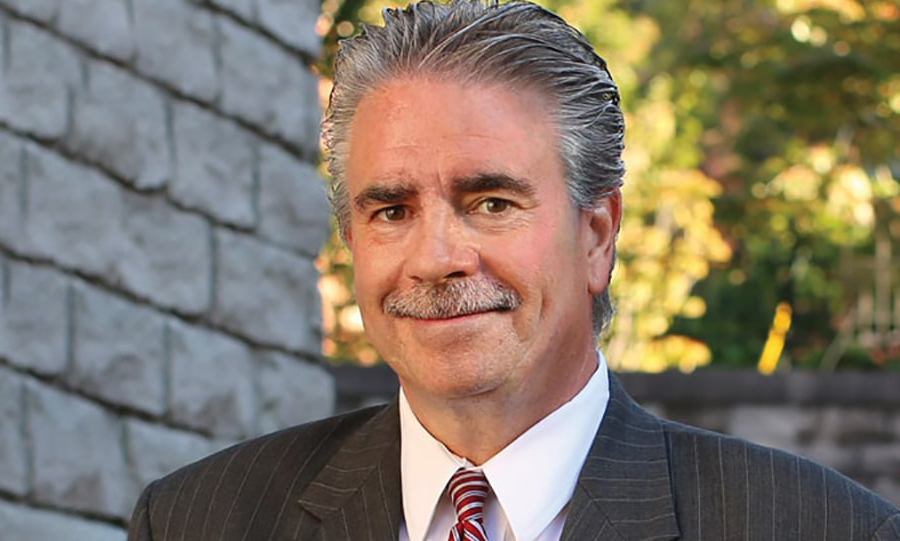To say we are in uncharted territory because of the COVID-19 pandemic is an understatement. Everyone can name at least one aspect of their lives that has been fundamentally altered – at least for the time being. One alteration that has become especially pertinent is the effect COVID-19 has on homeowners association (“HOA”) and condominium owners association (“COA”) operations. Residents are at home more and more due to states’ stay-at-home orders and, for many of them, their finances have been negatively affected. That requires HOAs, COAs, and property management companies to strike a balance between following the obligations set forth in each association’s governing documents and protecting the health and safety of residents. Striking that balance naturally brings up many questions. These FAQs seek to provide general information on some of the most pressing. Consulting this resource, however, should not be considered receiving legal advice. Every situation is unique and there is no one universal solution for all HOAs and COAs. You should consult an attorney before making decisions about HOA/COA operations during COVID-19.
Should communities consider holding meetings during the pandemic?
Generally speaking, communities should determine which meetings are essential and nonessential and prioritize essential meetings. Of course, this depends on the provisions contained in an individual association’s governing documents as well as applicable federal, state, and local laws. For essential meetings, communities should be aware of how federal, state, and local guidelines regarding social distancing and other preventative measures affect meeting in person. Associations should consider the practical differences involved in conducting a larger meeting, such as the annual meeting of members, as compared to assembling a meeting of a smaller more, manageable group (i.e. a directors meeting). Some boards may want to consider holding meetings via electronic communication, such as Skype or Zoom. State laws generally authorize this, but each state’s laws are different and each community’s governing documents are different as it relates to permitting meeting via electronic communication.
Why are Association governing documents important in responding to COVID-19?
The first thing any HOA/COA board member or property management company should do is review the documents governing an HOA/COA to understand their roles and responsibilities and consult an attorney to understand how specific provisions apply in light of a state or locality’s particular laws. Such documents include the condominium declaration and the covenants, conditions and restrictions (“CCR”), which are filed in the real estate records of the local county courthouse, as well as the by-laws which provide the rules on the internal governance of your association. These documents should give a clear understanding of what is and is not required of those responsible for managing a planned community. This is important because, even during a pandemic, board members and property management companies must operate within the limits of the governing documents.
Am I as a board member under a duty of care to residents?
Generally speaking, an association’s board members owe a duty of care to the association. However, acting in the best interests of the association likely includes taking commonsense measures to protect the health and safety of residents. Duty of care will likely depend on the type of community your association oversees. The question of duty of care is a delicate one that requires careful consideration of all legal and practical factors in play. Thus, seeking legal counsel to definitely answer questions surrounding duty of care is advised.
How can we conduct HOA/COA meetings electronically?
States have largely prohibited gatherings of individuals, which makes hosting in-person HOA/COA meetings difficult. For greater convenience, HOAs and COAs may consider conducting meetings using remote technology (i.e. Zoom or Skype). Deciding whether to continue hosting meetings in person or temporarily transition to electronic meetings is a decision that will be specific to each association in light of an association’s governing documents and applicable law. Specific to our region, below are brief summaries of the laws in Ohio, Kentucky, and Indiana on conducting meetings remotely and current restrictions on meeting in person.
Ohio
Ohio law generally permits boards to hold meetings electronically, provided that each board member can hear and participate in real-time. If there is an especially pressing matter and a general consensus of the board members, the board may – in lieu of a meeting – take actions with the unanimous written consent of the members of the board. Under Ohio’s restrictions pertaining to COVID-19, in-person gatherings are limited to 10 individuals and should incorporate social distancing and other hygienic precautions such as wearing of face coverings.
Kentucky
Kentucky law generally permits boards to hold meetings electronically. In so doing, they must ensure members are able to participate and vote in the meeting, that those attending remotely are counted as present, and electronically record votes. Further, boards should carefully consult their governing documents to verify no prohibition on electronic meetings exists. Should a board want to meet in person, people 10 or more can gather starting May 8. However, the board should follow the protocols issued by the CDC, which include social distancing and wearing cloth face coverings.
Indiana
Under Indiana law, condominium associations are specifically required to address the method of calling meetings in their bylaws. Otherwise, Indiana law is generally silent on the issue of electronic meetings, which means the governing documents of both condominium and homeowners’ associations will control on the issue of meetings via electronic means. Currently, in-person gatherings in Indiana are capped at 25, but beginning May 22 (June 1 for Marion, Lake, and Cass Counties) that number increases to 100.
Can we re-open the pool?
Maintaining social distancing in a pool is naturally quite difficult. Thus, exercise of great caution should be exercised when deciding whether to reopen one. Not only are there different legal restrictions in different jurisdictions, insurance coverage may vary. You should seek legal counsel before making a decision. Regarding states’ restrictions, below are the restrictions currently in place in Ohio, Kentucky, and Indiana on the opening of pools.
Ohio
The state has announced that pools may reopen on May 26 with social distancing protocols in place. That includes limiting capacity in the pool such that patrons will be able to remain 6 feet apart from each other.
Kentucky
Indiana
Swimming pools in all but 3 counties in Indiana may reopen on Friday, May 22, under phase 3 of the state’s reopening plan. Pools in the three remaining counties – Marion, Lake, and Cass – may reopen starting June 1. Upon reopening, swimming pools must maintain social distancing practices.
How will this affect the association’s finances?
In classifying which operations are essential and nonessential, associations should consider the effects this will have on their finances. The timeline of this pandemic is unpredictable and associations should take proactive measures to preserve stability. Associations have various options from which they may choose when deciding how to preserve financial stability. Some, like suspending collection of past due accounts, are drastic and generally not advisable because of their unintended consequences. An individualized approach crafted with the assistance of legal counsel is the best way to preserve stability and honor the association’s legal obligations.
Can we prohibit nonessential guests?
It depends. Some communities’ governing documents may ensure residents enjoy their property while the compositions of other communities (i.e. those with higher concentrations of senior citizens) necessitate restrictions. Each community is different. An association should balance residents’ enjoyment of their property with the safety needs of vulnerable populations and the population as a whole.
How do we manage determining essential employees and services?
Boards and management should work together with legal counsel to distinguish essential services from nonessential services. This is a delicate task that requires consulting multiple resources, including the association’s governing documents and relevant state and local stay-at-home orders. Individual determinations of essential and non-essential operations will vary between different communities.
Should essential employees, like community managers, carry proof of being an essential employee?
It depends on the jurisdiction your community is in and in which jurisdiction your employees/contractors live and work. To minimize any potential service interruptions or legal issues, associations and property management companies may want to consider requiring their employees and contractors to carry proof of their status as an essential employee. Because states have taken different actions in response to COVID-19, this is a highly individualized decision for which legal counsel is likely required to provide a definitive answer.
Should we enforce standard community rules during this time?
It depends heavily on what is considered an essential service. For example, if landscaping is considered essential, associations may be required to continue enforcing lawn care rules. However, each association is unique and operates under different sets of requirements. Generally speaking, however, if you receive complaints from residents regarding rules infractions, be considerate when approaching residents who are the subject of complaints. These are unusual times.
Insurance Coverage and General Liability
Will insurance cover opening association amenities?
One of the first actions to take before deciding whether to open during COVID-19 is to review insurance policies covering a community’s facilities to determine how much liability will be incurred by opening. Associations should make this decision only after seeking legal counsel because of the legal effects of policy language and potential liability incursion.
Should an association or property management company have volunteers enforce social distancing policies and ensure residents are wearing masks?
It depends. The key question that arises here is incursion of liability, as each state has different laws and legal doctrines governing premises liability.
Is it advisable to hire professional services to clean common areas and amenities?
It depends on your potential liability exposure, which is an individualized assessment. Having your own staff handle cleaning and maintenance may more advisable from a liability perspective, for example. Generally speaking, however, should you decide to hire a third-party service, you should include an indemnification provision in the contract to minimize liability. If you do not have such an agreement drafted, consult legal counsel to aid in drafting one.
Are board members protected if sued in their personal capacity?
This depends on the insurance policy. This assumes there are no other issues with their coverage. You should review your insurance policy, consult legal counsel, and determine the extent to which board members are personally covered.
If the board notifies all residents that one unit owner has COVID-19 and that unit owner sues for defamation, will the board be covered?
This depends on the insurance policy. D&O policies typically require discussion with counsel before making a decision like this. Accordingly, the law on defamation differs from state to state. Thus, the board should consult legal counsel before notifying residents that one or more members of the community has COVID-19.
What can a management company do if a community manager contracts COVID-19 on the job?
There is the potential of coverage for workers compensation due to state executive orders. For example, Kentucky has expanded the number of workers who can claim compensation due to exposure to COVID-19. Each situation is unique, however, and management companies should seek the advice of counsel before taking action after a community manager contracts COVID-19.




